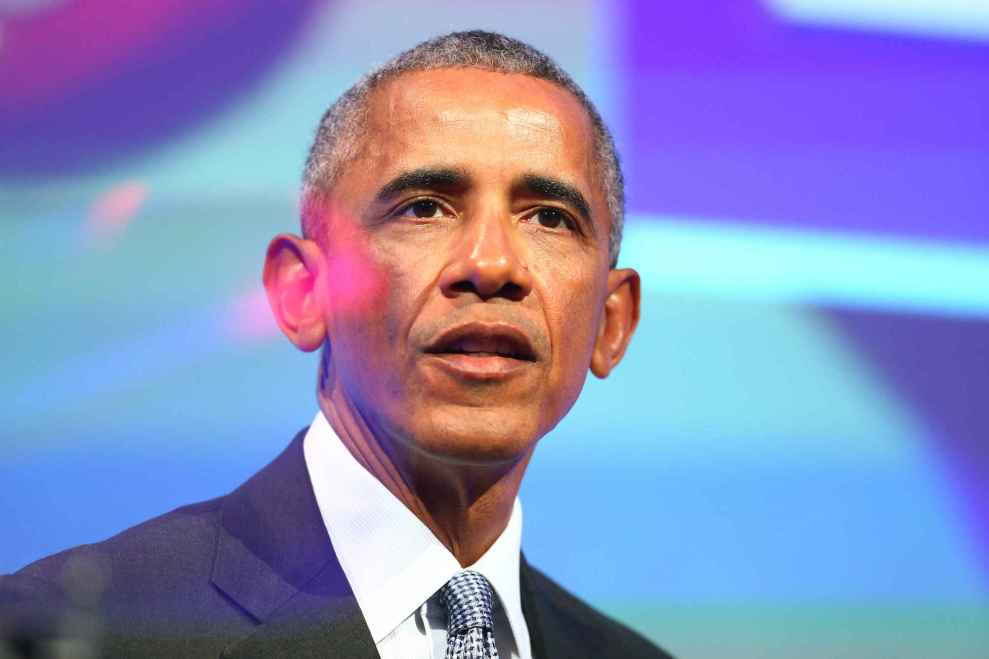On Thursday, President Donald Trump portrayed his decision to pull the United States out of the historic Paris climate deal as a key part of his campaign pledge to put America first. “I was elected to represent the citizens of Pittsburgh, not Paris,” the president said.
“I was elected to represent the citizens of Pittsburgh, not Paris,” Trump says of pulling out of a deal that’ll affect every person on Earth pic.twitter.com/4jPTuCqbSG
— David Mack (@davidmackau) June 1, 2017
There’s just one problem: The citizens of Pittsburgh are strongly supportive of climate action. According to a recent study from the Yale Program on Climate Change Communication, 68 percent of adults in the Pittsburgh metro area support strict limits on carbon emissions from coal-fired power plants—a key element of the US commitment under the Paris deal. For Allegheny County, which includes Pittsburgh, that number is 74 percent. For Pennsylvania’s 14th Congressional District, which also includes Pittsburgh, it’s 78 percent.
Roughly two-thirds of Pennsylvanians—and Americans as a whole—believe the United States should remain in the Paris agreement, according to the Yale research.
There doesn’t appear to be any data on the popularity of the Paris agreement within Pittsburgh itself, but it’s worth noting that the city’s mayor, Bill Peduto, actually traveled to Paris during the 2015 negotiations to help press for an agreement. “Pittsburgh and other cities are on the front lines of the climate change crisis, and it is our responsibility to address the deep challenges it is creating for us, our children and our grandchildren,” he said in a statement at the time, according to the Pittsburg Post-Gazette.
Peduto took to Twitter Thursday to express his displeasure with Trump’s comments:
Fact: Hillary Clinton received 80% of the vote in Pittsburgh. Pittsburgh stands with the world & will follow Paris Agreement @HillaryClinton https://t.co/cibJyT7MAK
— bill peduto (@billpeduto) June 1, 2017
As the Mayor of Pittsburgh, I can assure you that we will follow the guidelines of the Paris Agreement for our people, our economy & future. https://t.co/3znXGTcd8C
— bill peduto (@billpeduto) June 1, 2017

















